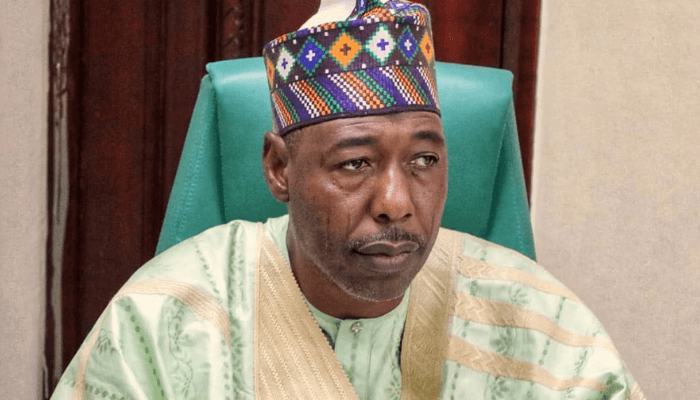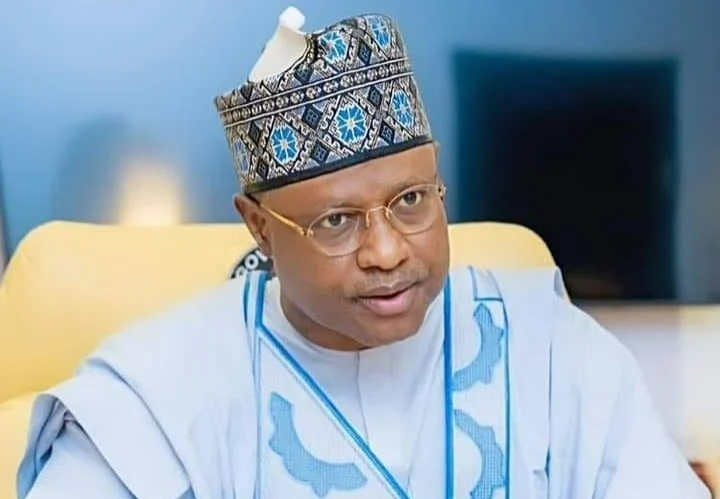The first shipment of petrol, 27 million liters imported by an unaffiliated marketer, has arrived in the country, ending the Nigerian National Petroleum Company Limited’s prior downstream monopoly.
The ship, ST Nnene, which had been scheduled to come since last week but was delayed by bad weather off the coast of Lome, launched at Ijegun-Egba on Wednesday after President Bola Tinubu officially ended subsidies on May 29.
Adebowale Olujimi, the CEO of Emadeb Energy, and its bank partners spent $17 million (or roughly N13 billion) to recruit ST Nnene.
The acquisition was backed by five financial institutions: Polaris, First Bank, Union Bank, Access Bank, and Fidelity Bank.
Speaking at the occasion, Olujimi asserted that the importation of petrol was no longer viable.
A country cannot run sustainably on petroleum imports, he declared.
The Chief Executive Officer of the Nigerian Midstream and Downstream Petroleum Regulatory Authority, Farouk Ahmed, was represented by Sadiq Bashir, who emphasized the significance of the development given the deregulation of the downstream industry.
Speaking at the occasion, Olujimi asserted that the importation of petrol was no longer viable.
A country cannot run sustainably on petroleum imports, he declared.
The Chief Executive Officer of the Nigerian Midstream and Downstream Petroleum Regulatory Authority, Farouk Ahmed, emphasized the significance of the development given the deregulation of the downstream industry.
The general secretary of the Natural Union of Petroleum and Natural Gas Workers, Afolabi Olawale, advocated for regional refining as well.
“We shouldn’t let foreign companies decide the direction of our economy. However, because we are already there, the government must move quickly to provide palliatives because everyone is struggling. We also exhort marketers to refrain from making excessive profits.”
According to the National Controller Operations for the Independent Petroleum Marketers Association of Nigeria, Mike Osatuyi, granting import permits to independent marketers would promote fairness and competition in the downstream industry.











